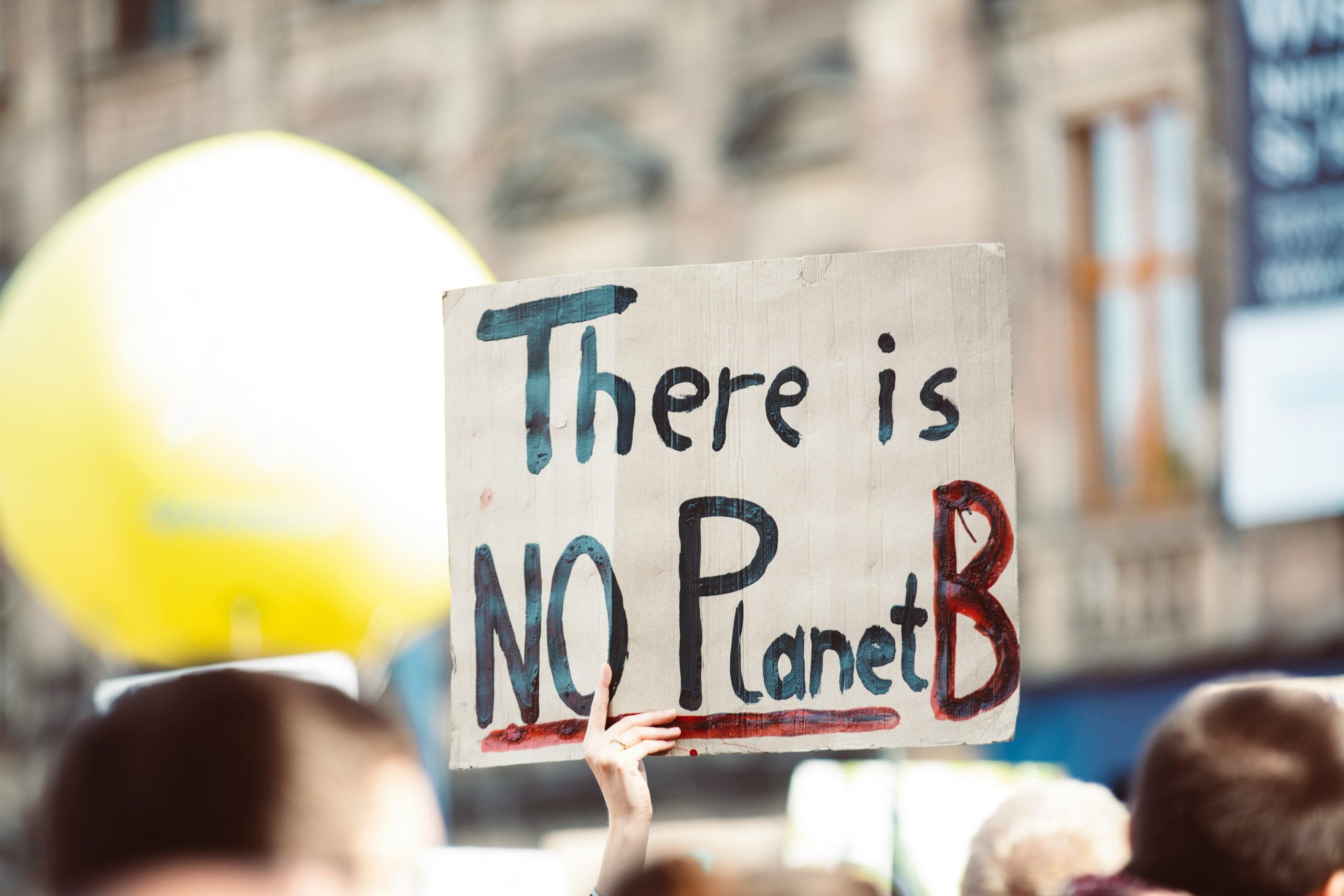The world is currently facing a triple planetary crisis and despite this alarming and unprecedented situation, States are failing to meaningfully address it. In response to this, environmental human right defenders (EHRDs), Indigenous Peoples, peasants movements and civil society from around the world have exercised their right to peacefully protest and participate in demonstrations to pressure their governments into taking concrete actions.
Some of these demonstrations have taken the form of civil disobedience which has been disproportionately repressed by governments and law enforcement officials.
Today, Michel Forst, the UN Special Rapporteur on Environmental Defenders under the Aarhus Convention, published a position paper highlighting a trend towards the repression and criminalisation of defenders engaging in environmental protests and civil disobedience in Europe, as well as an alarming toughening of stances against them in political discourse and the law enforcement and judicial practices.
Forst also points to legislative attempts to ban specific organisations – citing France’s Soulèvements de la Terre, Spain’s Futuro Vegetal, or Letze Generation in Germany and Austria. These moves come alongside new or updated laws – including the UK’s ‘2022 Police, Crime, Sentencing and Courts Act’ and Italy’s 2024 ‘eco vandalism’ law -, which the paper says have virtually prohibited certain kinds of protests.
The Special Rapporteur flags how politicians demonise environmental movements engaging in civil disobedience, while national or paneuropean intelligence services no longer hesitate to label peaceful groups or individuals as potential or genuine terrorist threats.
The paper also recognises that European States have been disproportionately and increasingly used criminal, administrative and civil measures against environmental human rights defenders recurring to civil disobedience. This includes excessive and disproportionate use of force against them and extensive investigation and surveillance measures.
Other takeaways include the use of social media by State and non-state actors that have contributed to creating negative narratives against EHRDs and the challenges that defenders and activists face to access to justice.
While civil disobedience tactics have been recently used in protests related to climate justice, they have been constantly used to advocate for other legitimate causes including international solidarity, where States have also criminalised such moves.
This paper also comes shortly after the 25th anniversary of the UN Declaration of Human Right Defenders and it is a good reminder that civil disobedience is and should be recognised as a legitimate form of exercising the rights to freedom of expression and peaceful assembly.
States must stop criminalising human right defenders exercising these rights and focus on addressing the root causes of their mobilisation.
Background:
Elected in 2022, Michel Forst is the Special Rapporteur on Environmental Defenders under the Aarhus Convention. The Special Rapporteur’s role is to take measures to protect any person experiencing or at imminent threat of penalization, persecution, or harassment for seeking to exercise their rights under the Aarhus Convention.
The UNECE Convention on Access to Information, Public Participation in Decision-making and Access to Justice in Environmental Matters – known as the Aarhus Convention – was adopted in 1998. It aims to protect every person’s right to live in an environment adequate to his or her health and well-being.




